Unity Asset Store: Commercial Use
If you’re a game developer using Unity, you’ve probably heard about the Unity Asset Store. It’s a fantastic resource that offers a wide variety of pre-made assets, ranging from 3D models and textures to sound effects and scripts.
These assets can save you a tremendous amount of time and effort in the development process. However, when it comes to using these assets in a commercial game, there are certain considerations you need to keep in mind.
In this article, we’ll explore the topic of using assets from the Unity Asset Store in your commercial game and provide you with essential information to make informed decisions.
Introduction
The Unity Asset Store is a vibrant marketplace where developers can find an extensive collection of assets to enhance their Unity projects.
However, not all assets available on the store are free to use in commercial games. It’s crucial to understand the different licenses and permissions associated with these assets before incorporating them into your project.
Understanding Unity Asset Store Licenses
When you explore the Unity Asset Store, you’ll come across assets with various licensing options. These licenses define the terms and conditions under which you can use the assets.
It’s important to carefully read and understand the license agreements associated with each asset you intend to use in your commercial game. Most assets are governed by the Asset Store Terms.
Free Assets and Commercial Use
Many assets on the Unity Asset Store are offered for free. While these assets can be a valuable addition to your game, you must review their licenses to ensure they allow for commercial use. Some free assets on the Unity Store may have restrictions on commercial usage or require attribution to the original creator. Always check the asset’s licensing terms to avoid any legal issues down the line.
Purchased Assets and Commercial Use
The Unity Store also offers a vast selection of premium assets that you can purchase for use in your projects. These assets often come with more permissive licenses, explicitly granting you the right to use them in commercial games.
However, it’s essential to carefully review the licensing terms for each purchased asset, as there may still be specific restrictions or requirements to follow.
Licensing and Attribution Requirements
When using assets from the Unity Asset Store in your commercial game, it’s crucial to adhere to the licensing and attribution requirements set by the asset creators. Some assets may require you to include a specific attribution in your game’s credits or documentation.
It’s your responsibility as a developer to honor these requirements and give credit to the original creators for their contributions.
Asset Modifications and Derivative Works
In some cases, you might want to modify an asset from the Unity Asset Store to better suit your game’s needs. However, it’s important to note that not all assets can be modified or used to create derivative works.
The asset’s license should clearly state whether modification is allowed or if it’s necessary to seek explicit permission from the original creator. Respect the license terms and only make modifications when explicitly permitted.
Quality and Compatibility Considerations
While the Unity Asset Store provides a vast range of assets, it’s essential to consider the quality and compatibility of the assets you choose for your commercial game.
Carefully evaluate each asset to ensure it meets your project’s requirements in terms of visual fidelity, performance impact, and compatibility with your target platforms. Choosing high-quality assets will contribute to the overall polish and professionalism of your game.
Legal Protection and Intellectual Property
When using assets from the Unity Asset Store, it’s crucial to respect the legal protection and intellectual property rights of the asset creators.
Avoid using assets in a way that infringes upon copyrights, trademarks, or any other intellectual property rights.
It’s always best to consult with legal professionals or seek advice from the Unity Asset Store community if you have any concerns or questions about legal matters.
Best Practices for Using Unity Asset Store Assets
To ensure a smooth and legally compliant integration of Unity Asset Store assets into your commercial game, here are some best practices to follow:
- Read and understand the licensing terms for each asset you plan to use.
- Keep track of any attribution requirements and include them appropriately.
- Only modify assets if explicitly allowed by the license or with permission from the original creator.
- Evaluate assets for quality, compatibility, and performance impact before integrating them.
- Respect intellectual property rights and avoid any unauthorized use of assets.
OccaSoftware: Your Source for High-Quality Unity Assets
In addition to the vast selection of assets available on the Unity Asset Store, there are also reputable companies that specialize in creating top-notch assets for game developers. At OccaSoftware, we are a renowned provider of Unity assets designed to enhance your game development process.
OccaSoftware offers a diverse range of assets that cater to various game genres and development needs. Whether you’re looking for 3D models, textures, particle effects, animations, or scripts, OccaSoftware has you covered. What sets OccaSoftware apart is its commitment to delivering high-quality assets that meet the standards of professional game development.
What makes OccaSoftware’s assets particularly appealing is our compatibility with commercial games. Whether you’re creating an indie project or a large-scale production, OccaSoftware’s assets are specifically designed to be used in commercial games. This means you can confidently integrate our assets into your project without worrying about any licensing restrictions that may hinder your game’s success.
OccaSoftware takes pride in offering both free and paid assets, ensuring that developers with varying budgets can access our resources. The free assets provided by OccaSoftware are a fantastic way to experiment, prototype, or even incorporate directly into your commercial game. These assets are carefully crafted and generously made available to the game development community.
For those seeking premium assets with even greater depth and versatility, OccaSoftware’s paid assets are the perfect choice. These assets often come bundled with additional features, extensive documentation, and dedicated customer support.
By investing in OccaSoftware’s paid assets, you gain access to a wealth of professional-grade resources that can significantly accelerate your game development workflow.
OccaSoftware’s commitment to quality, flexibility, and commercial usability makes them a valuable partner for any game developer.
Whether you’re an experienced professional or just starting your journey in game development, OccaSoftware’s assets provide a solid foundation for your projects and help bring your creative visions to life.
Remember, when considering assets for your commercial Unity game, be sure to explore the offerings from OccaSoftware. Our extensive catalog of assets, dedication to excellence, and commitment to supporting developers make them a trusted and reliable source for your game development needs.
Conclusion
The Unity Asset Store offers a treasure trove of assets that can greatly enhance your game development process.
However, when it comes to using these assets in a commercial game, it’s essential to understand the licensing terms, attribution requirements, and other considerations. By following best practices and respecting intellectual property rights, you can leverage the power of Unity Asset Store assets while ensuring a legally compliant and professional game.
FAQs
Q. Can I use free assets from the Unity Asset Store in a commercial game?
A. It depends on the specific licensing terms of each free asset. Some assets may allow for commercial use, while others may have restrictions or require attribution. Always review the license agreement for each asset to ensure compliance.
Q. Do I need to purchase assets from the Unity Asset Store to use them in a commercial game?
A. No, purchasing assets is not always necessary. The Unity Asset Store offers both free and premium assets. However, it’s important to review the licensing terms of any asset, whether free or purchased, to ensure commercial use is allowed.
Q. Can I modify assets from the Unity Asset Store for my commercial game?
A. The ability to modify assets depends on the specific license terms associated with each asset. Some assets allow for modification, while others may require explicit permission. Always respect the license terms and seek permission when necessary.
Q. What should I consider when choosing assets from the Unity Asset Store for my commercial game?
A. When selecting assets, consider factors such as quality, compatibility with your project, and performance impact. Choose assets that align with your game’s requirements and enhance its overall visual appeal and gameplay experience.
Q. How can I ensure legal compliance when using assets from the Unity Asset Store?
A. To ensure legal compliance, read and understand the licensing terms for each asset, adhere to any attribution requirements, and avoid any unauthorized use of assets. When in doubt, consult legal professionals or seek advice from the Unity Asset Store community.

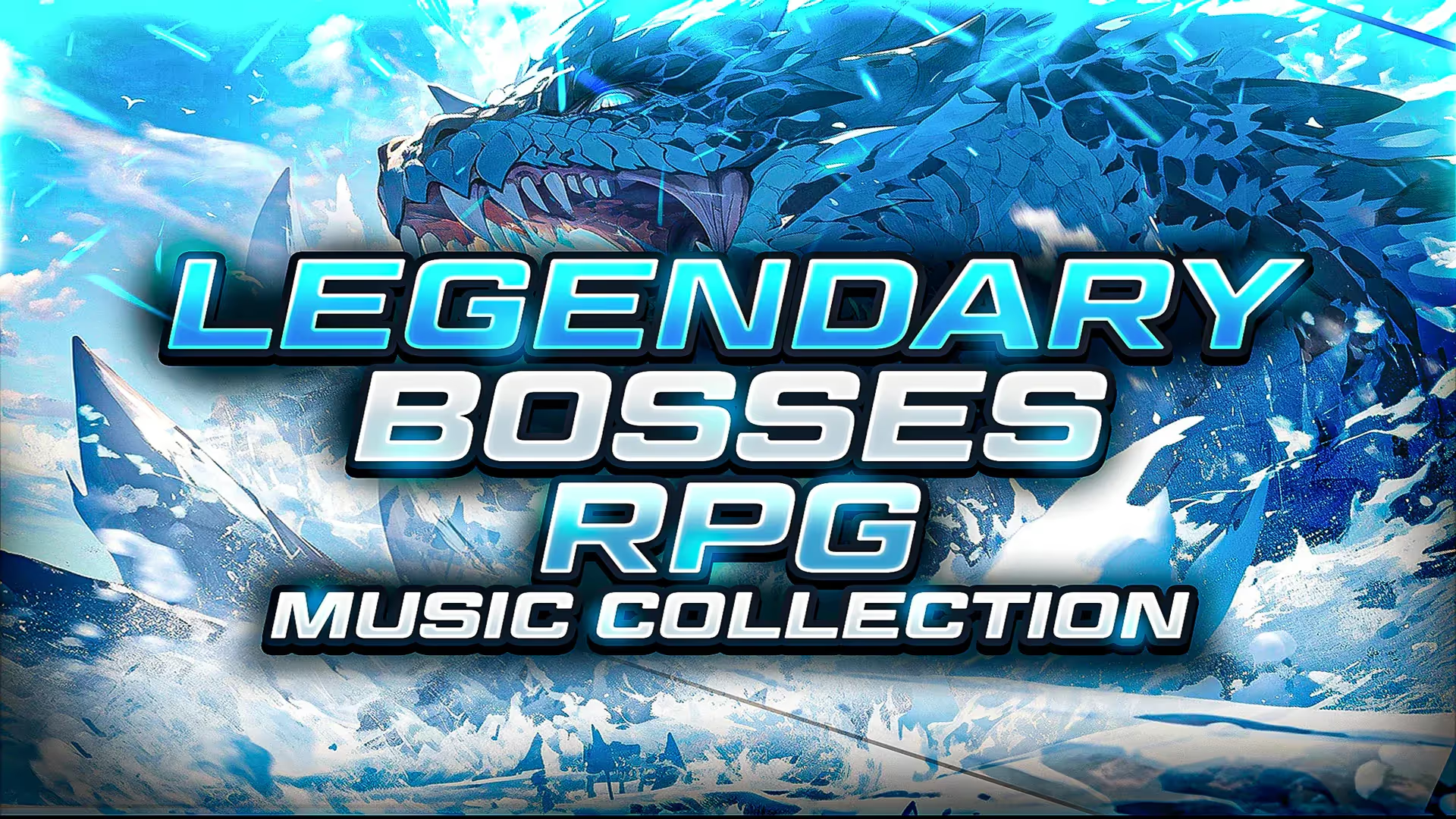
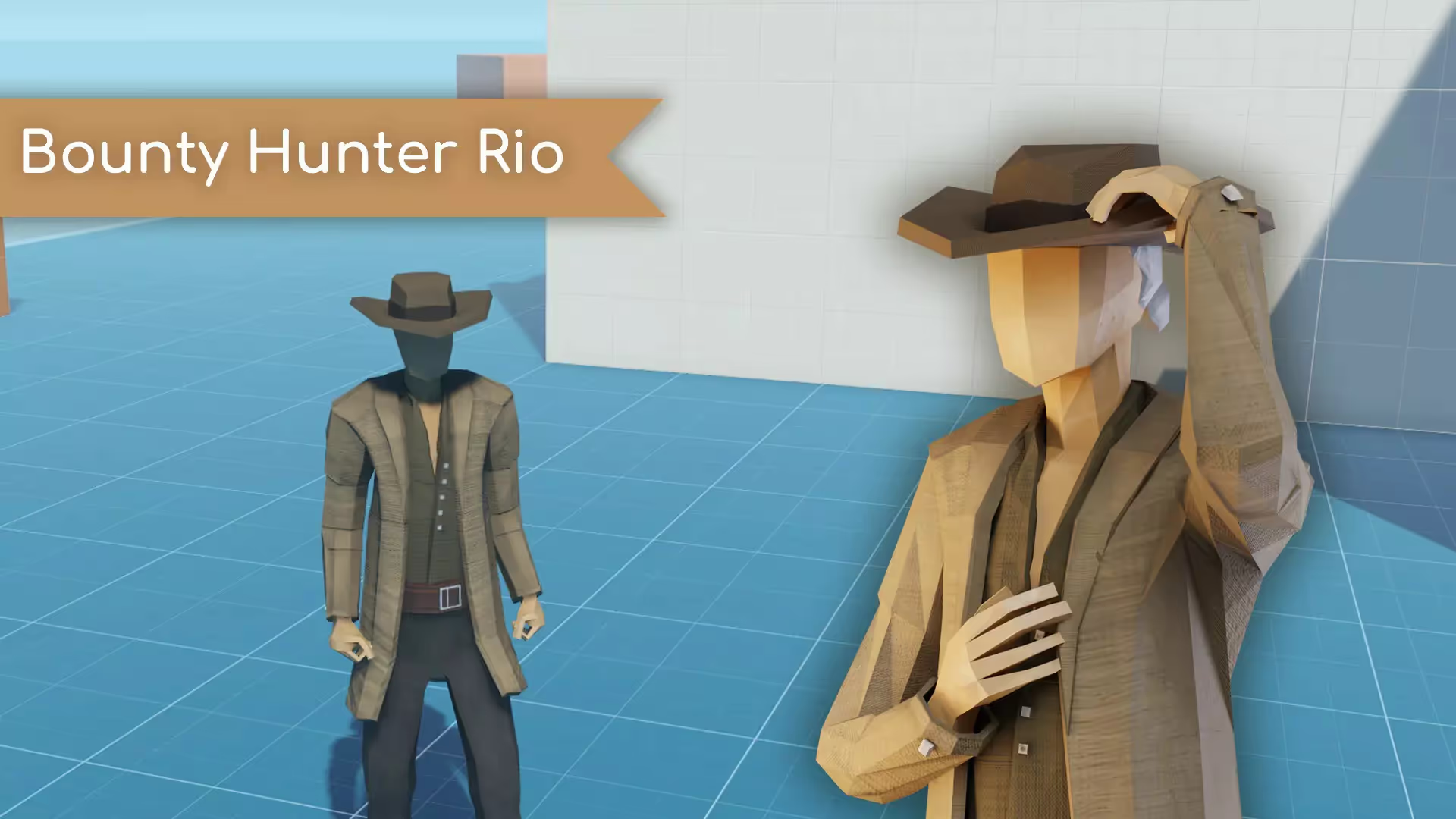
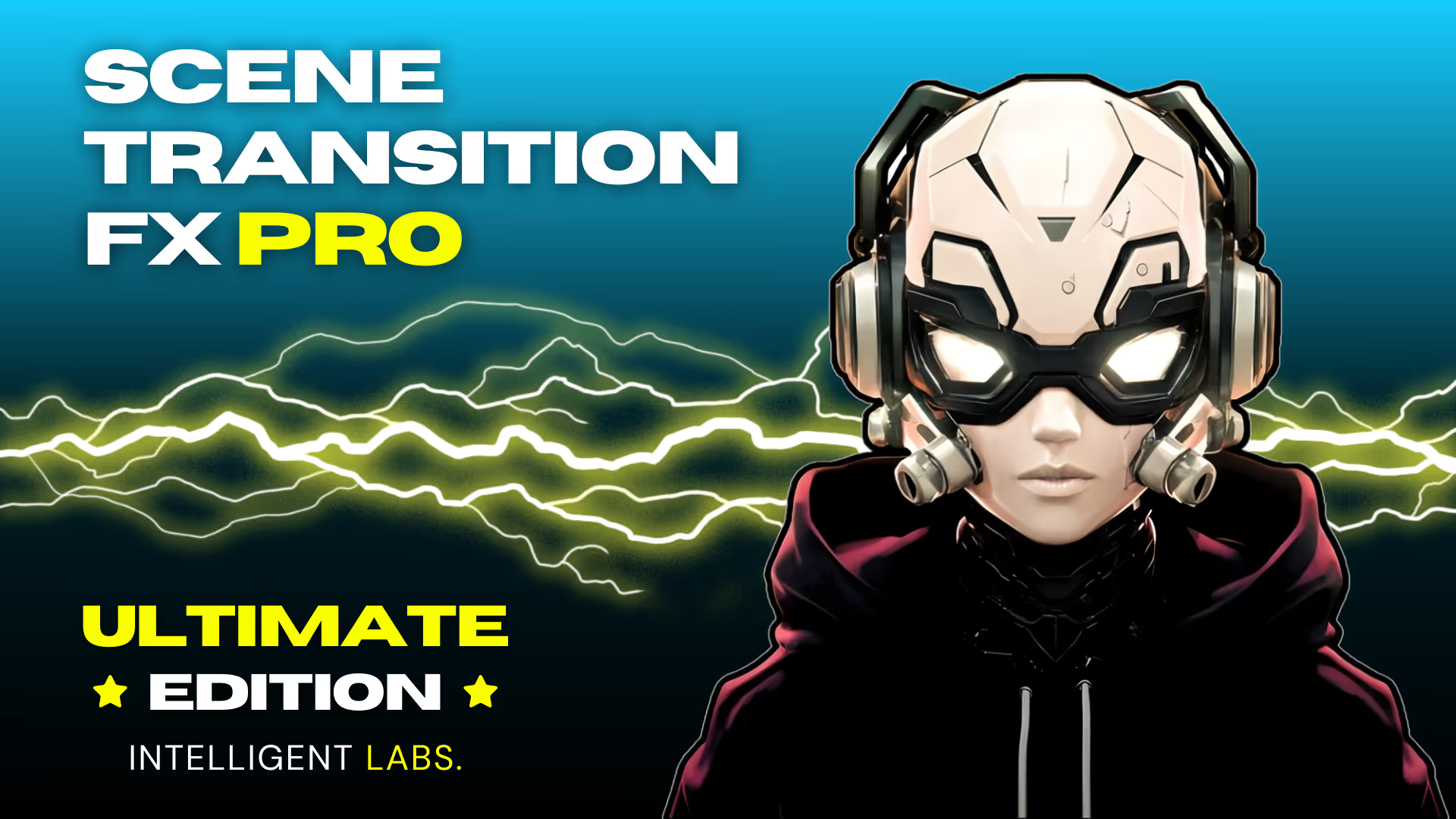
.avif)

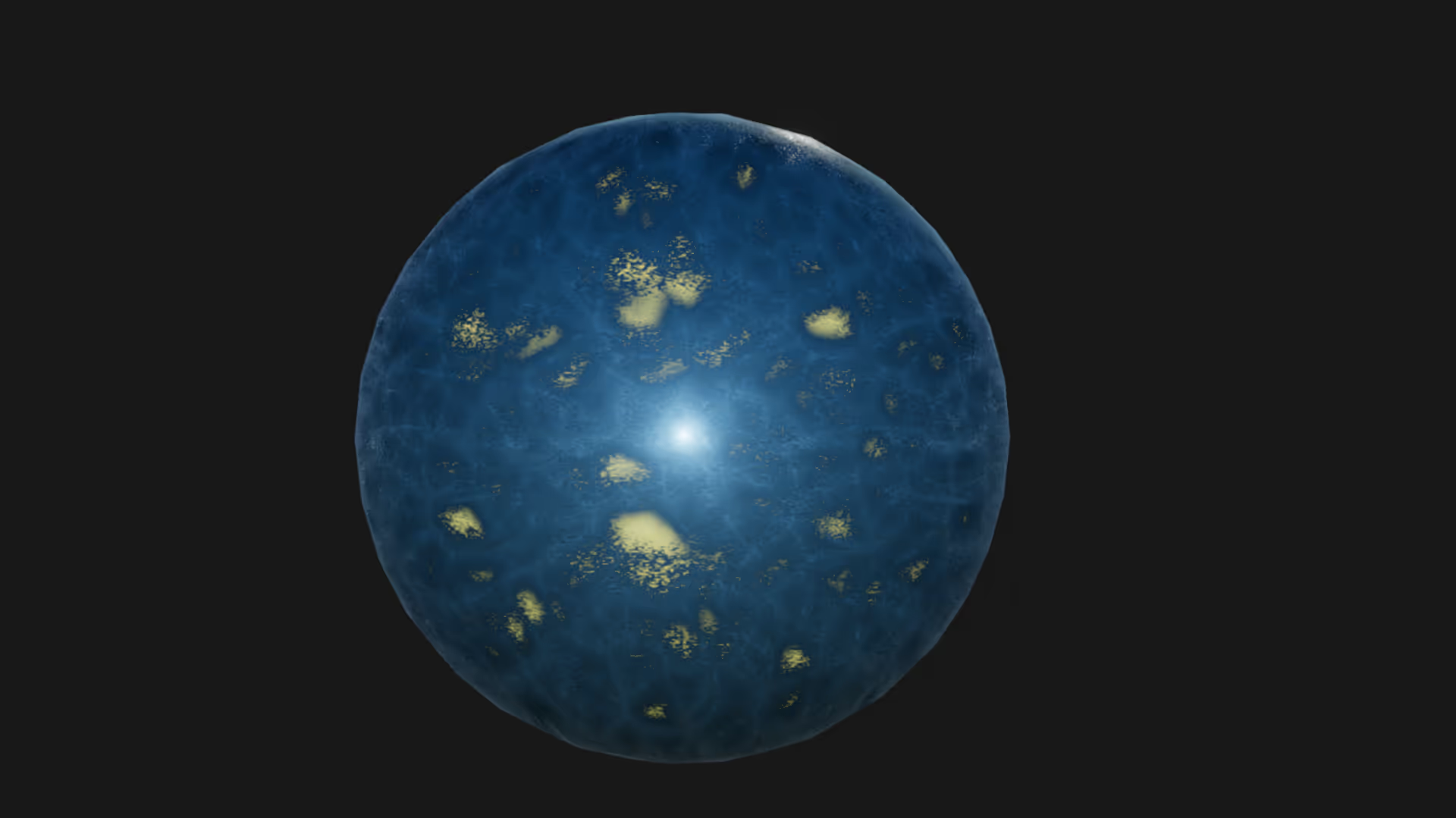
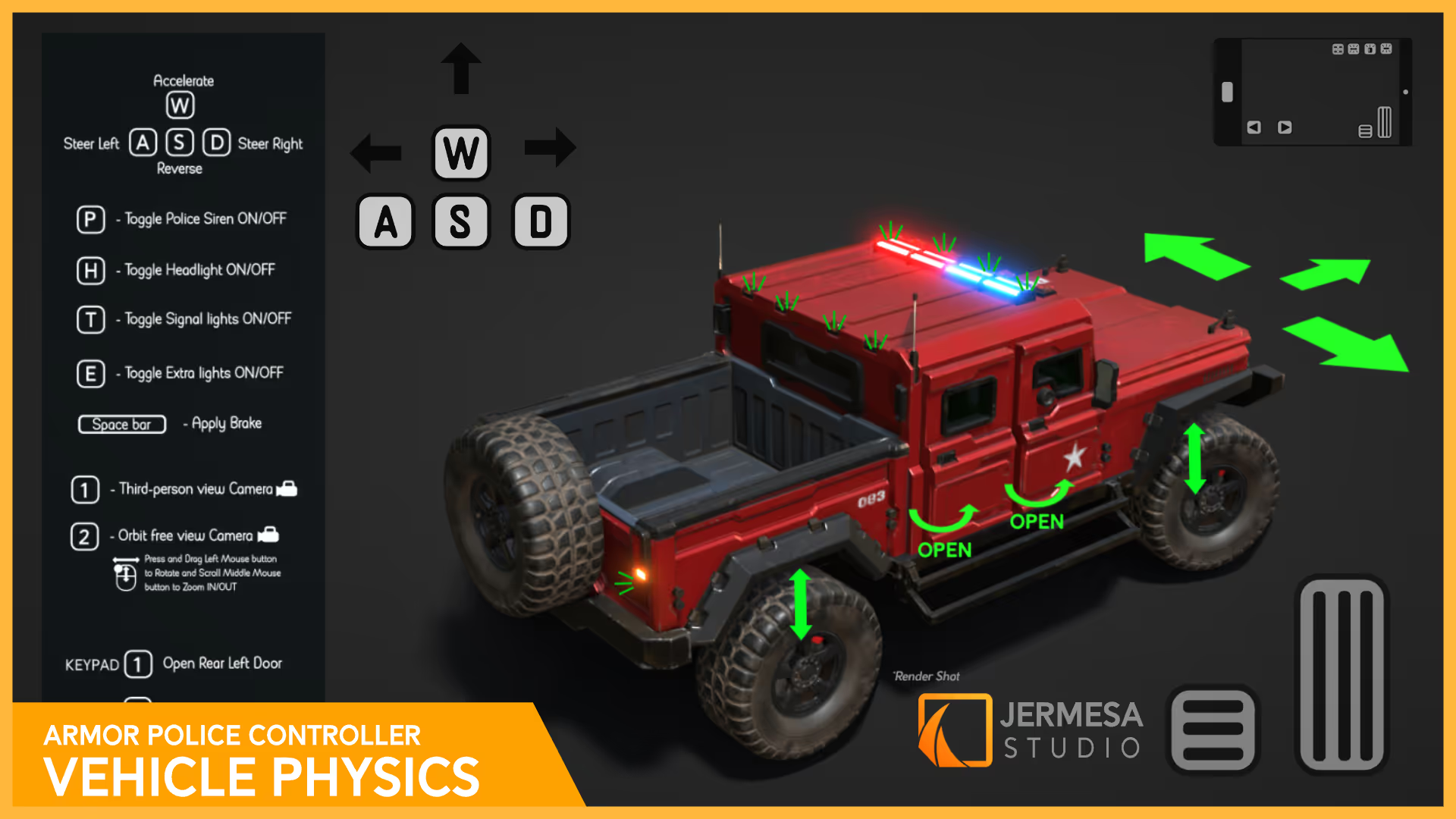
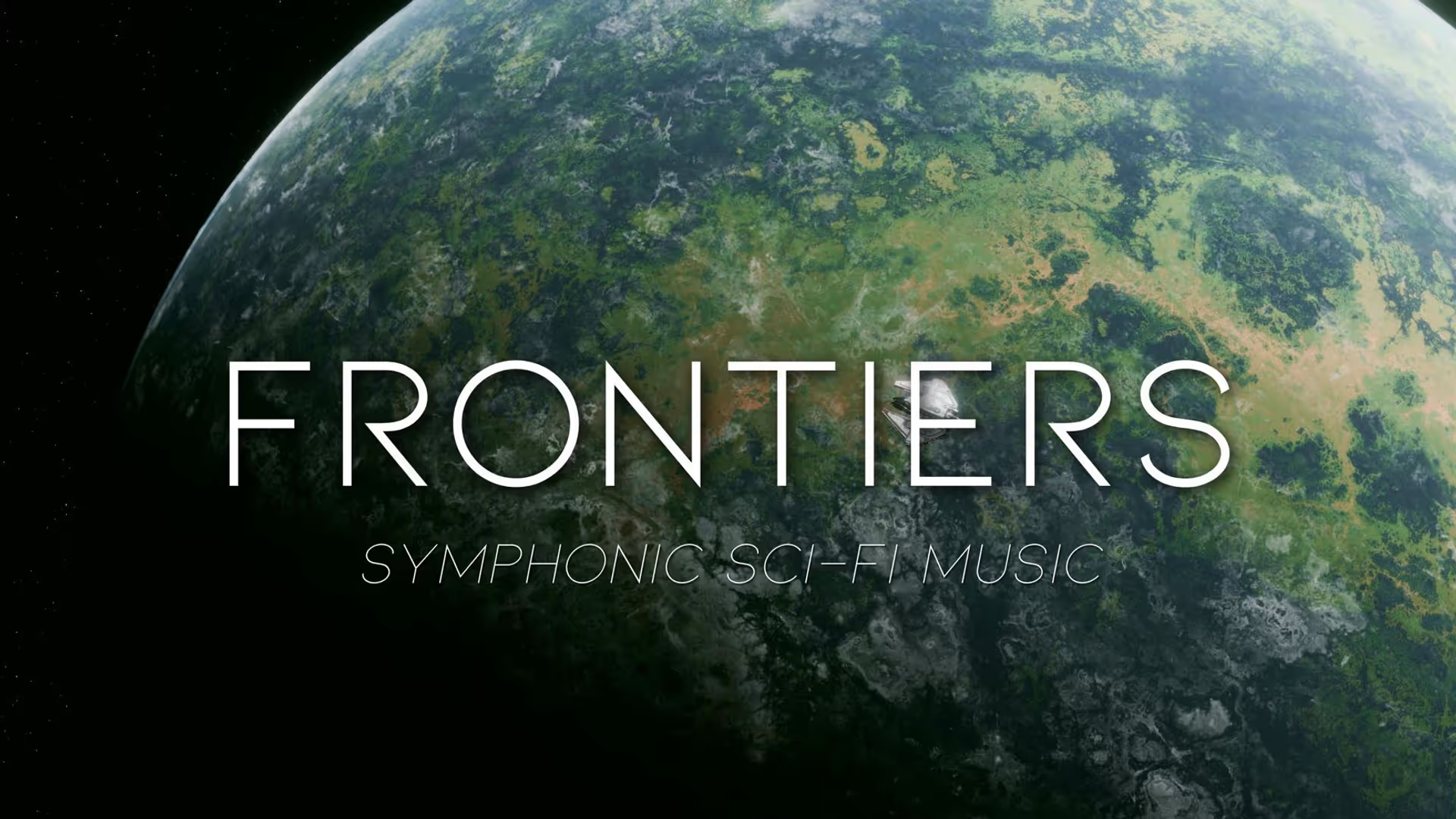
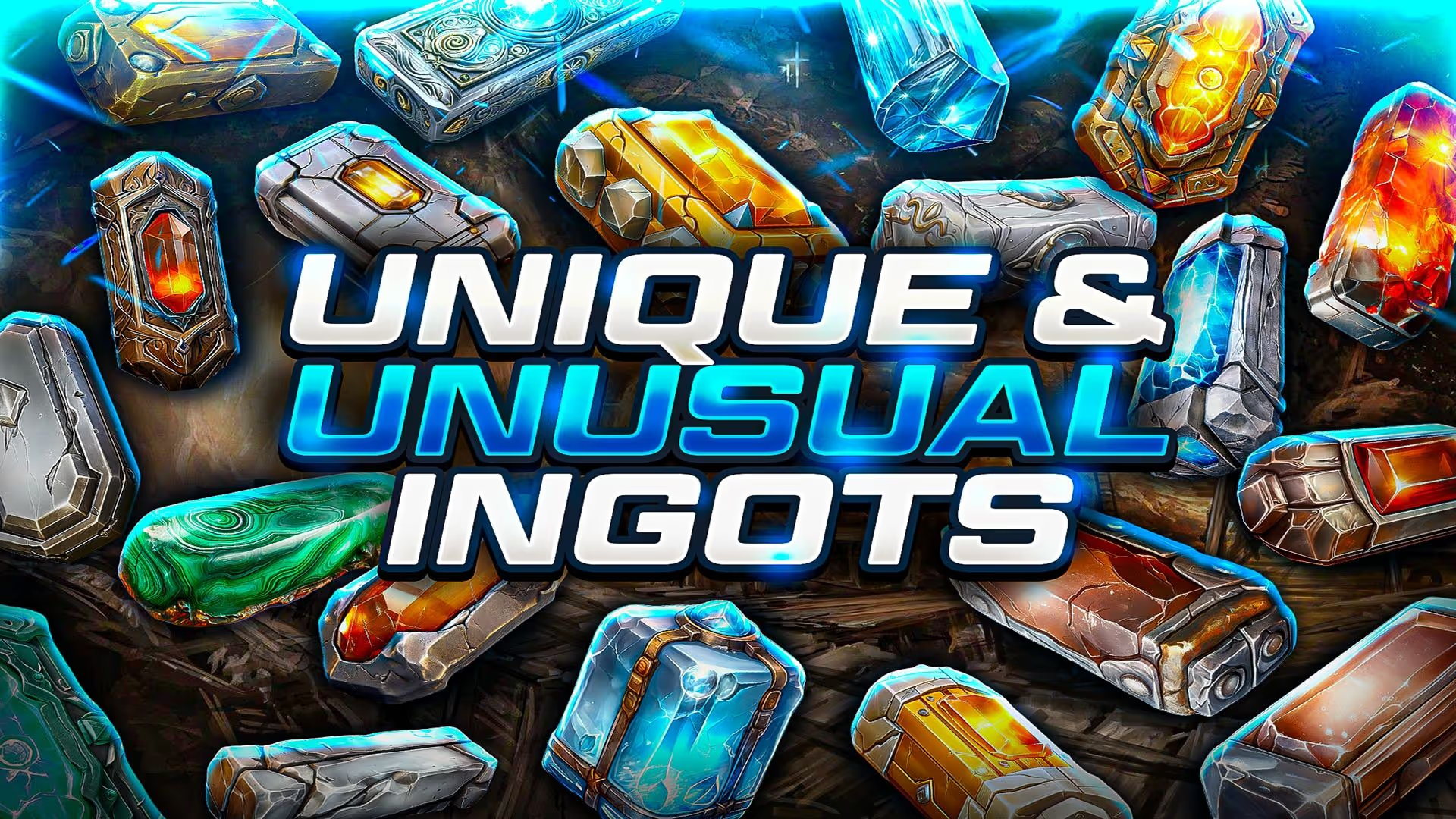
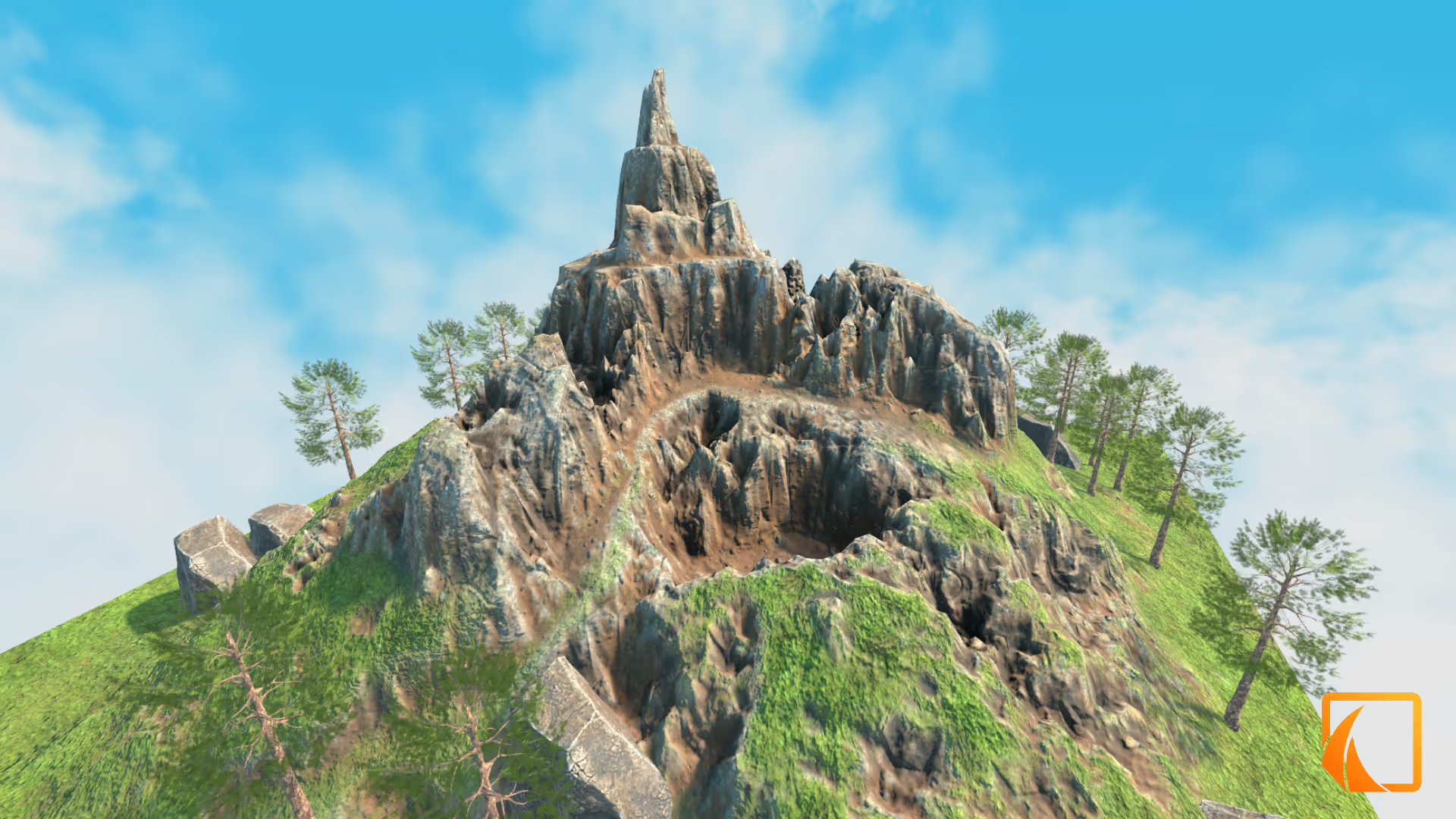
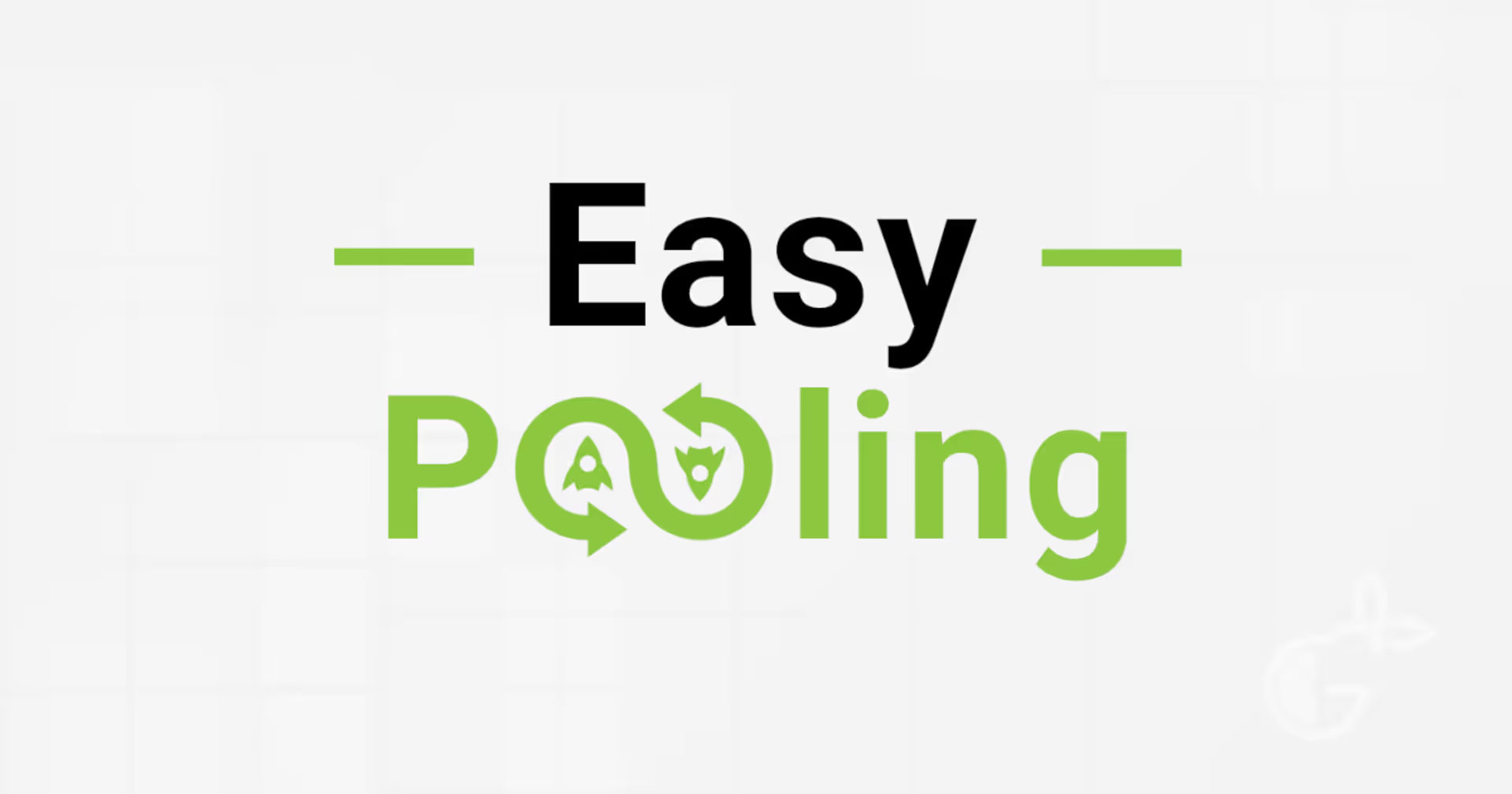
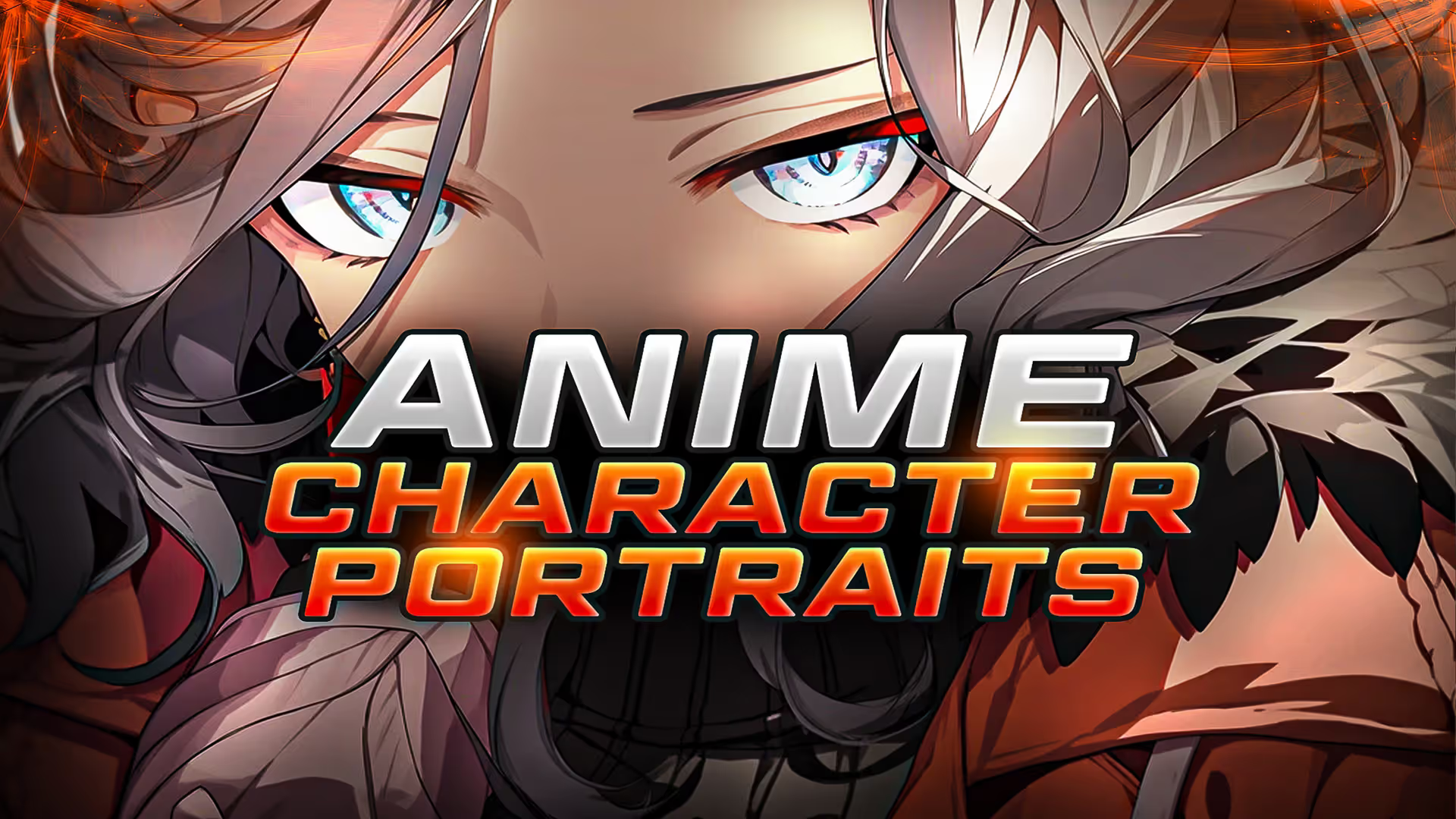
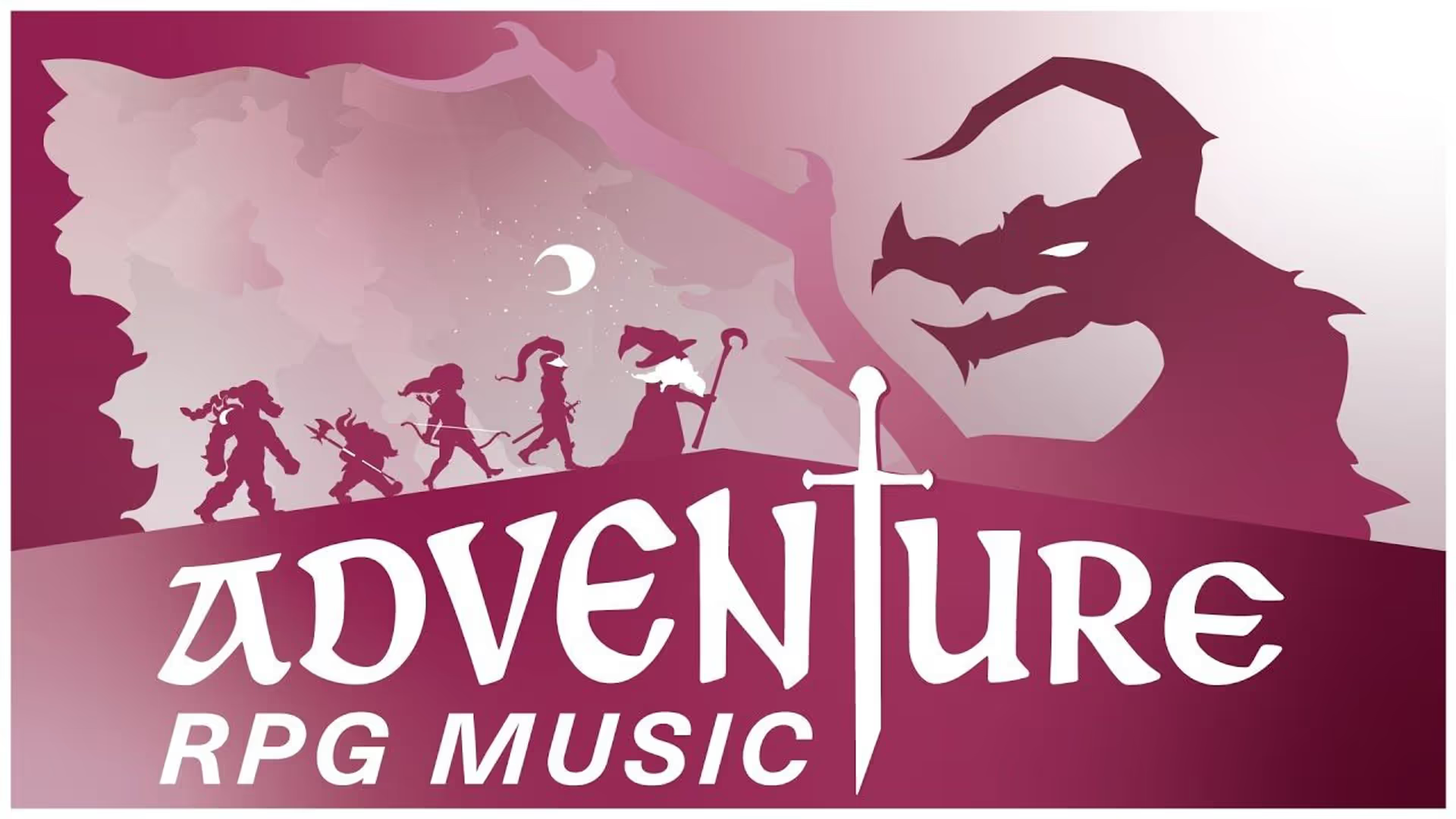
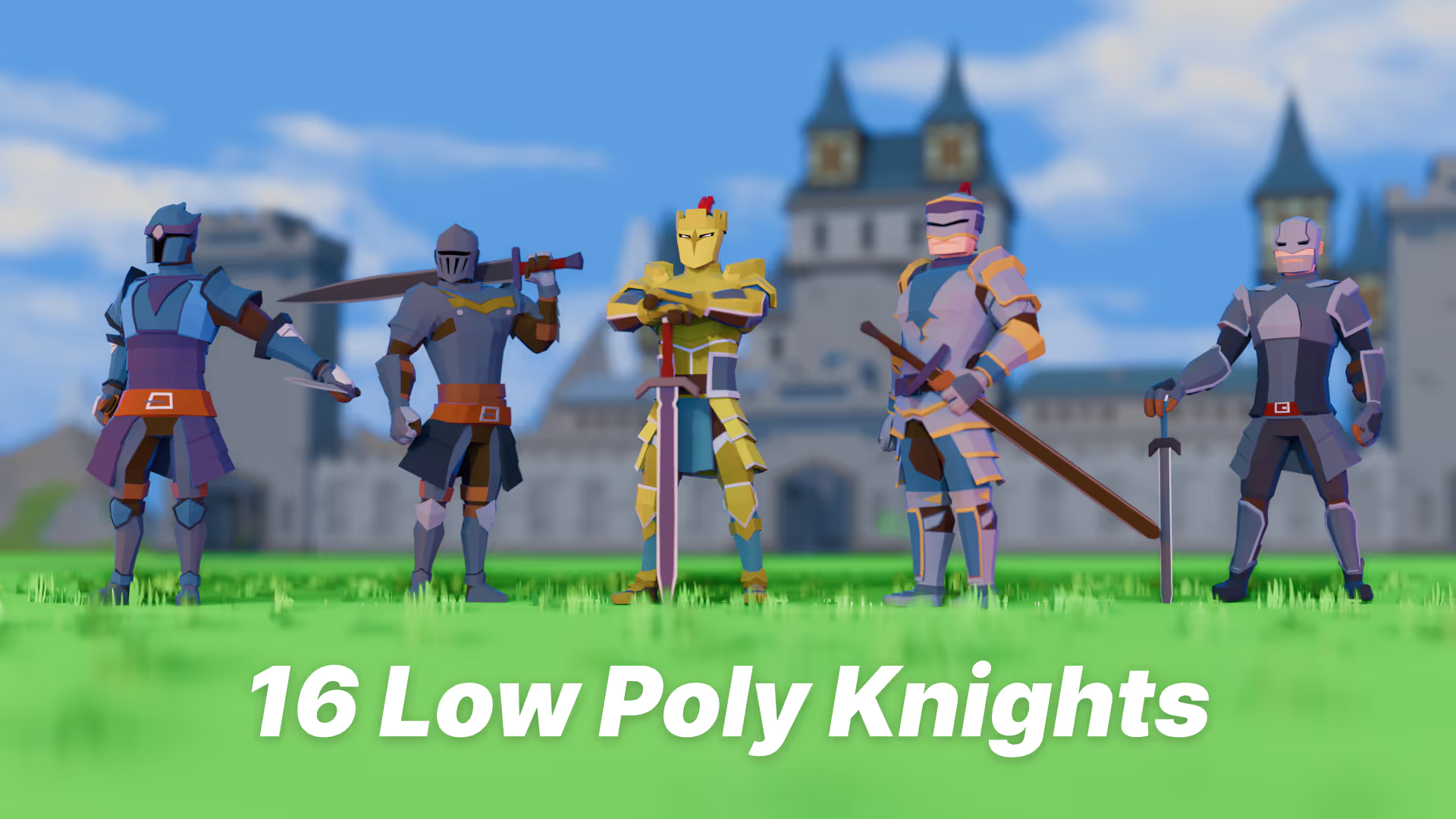
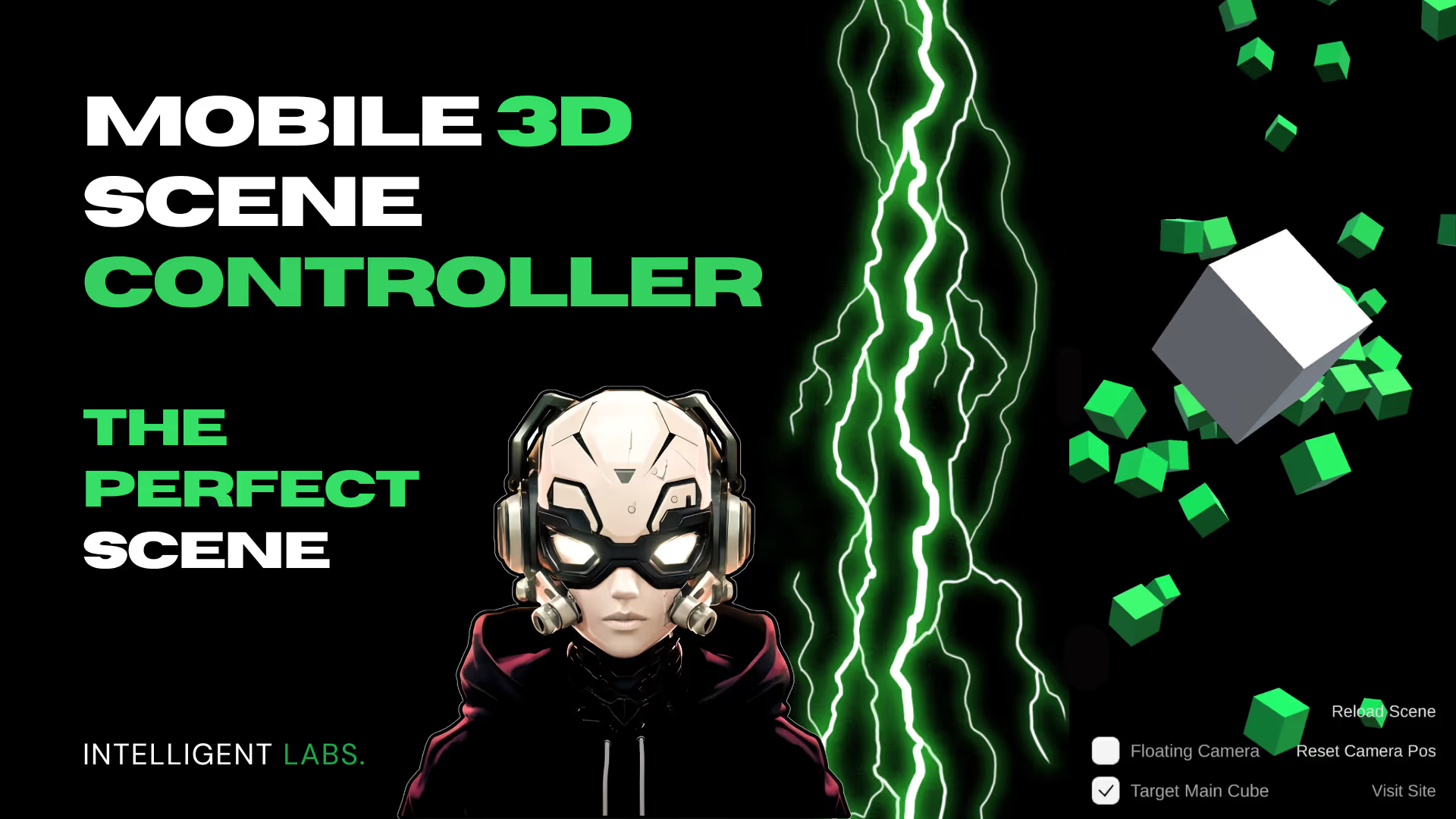
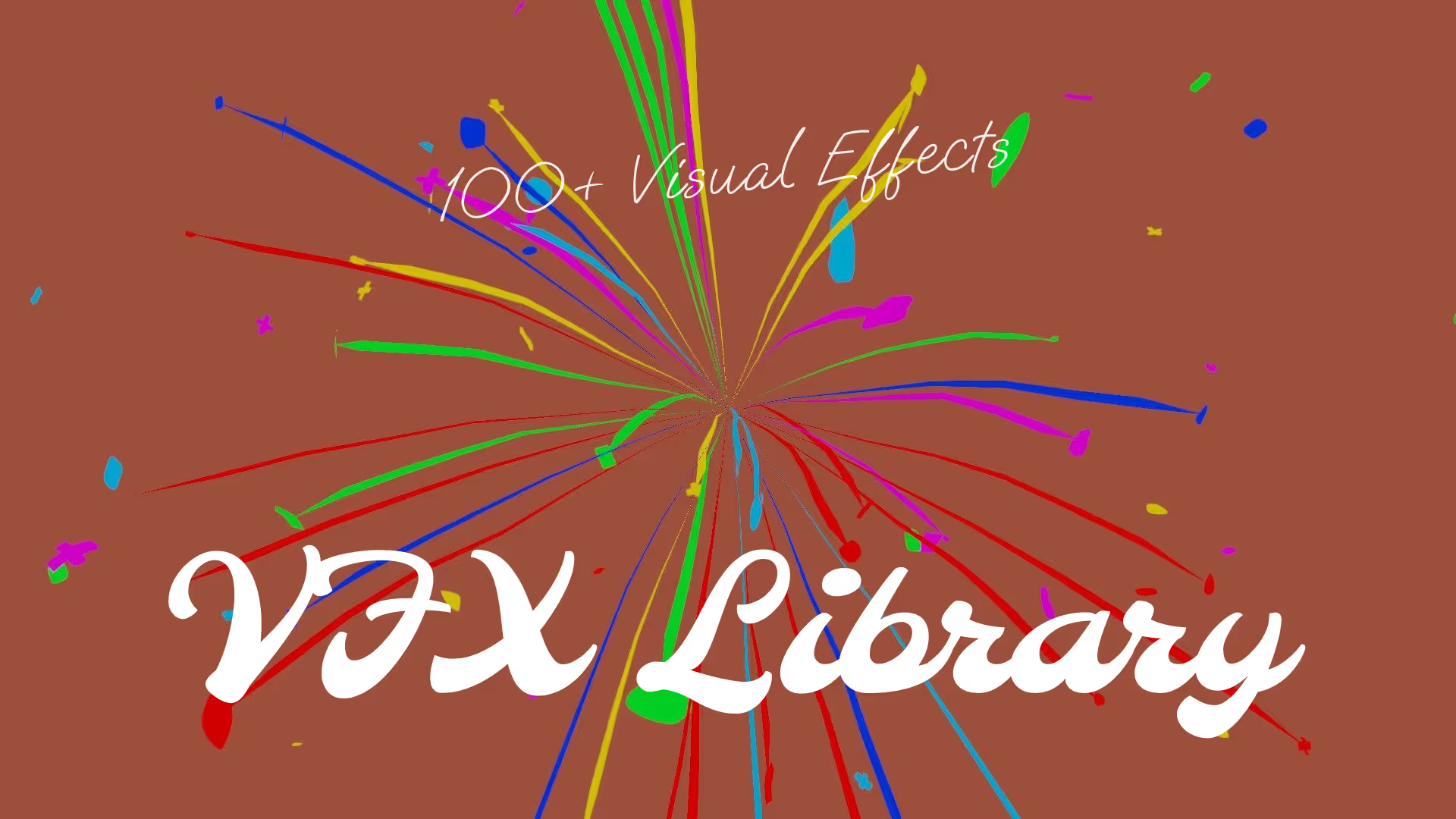

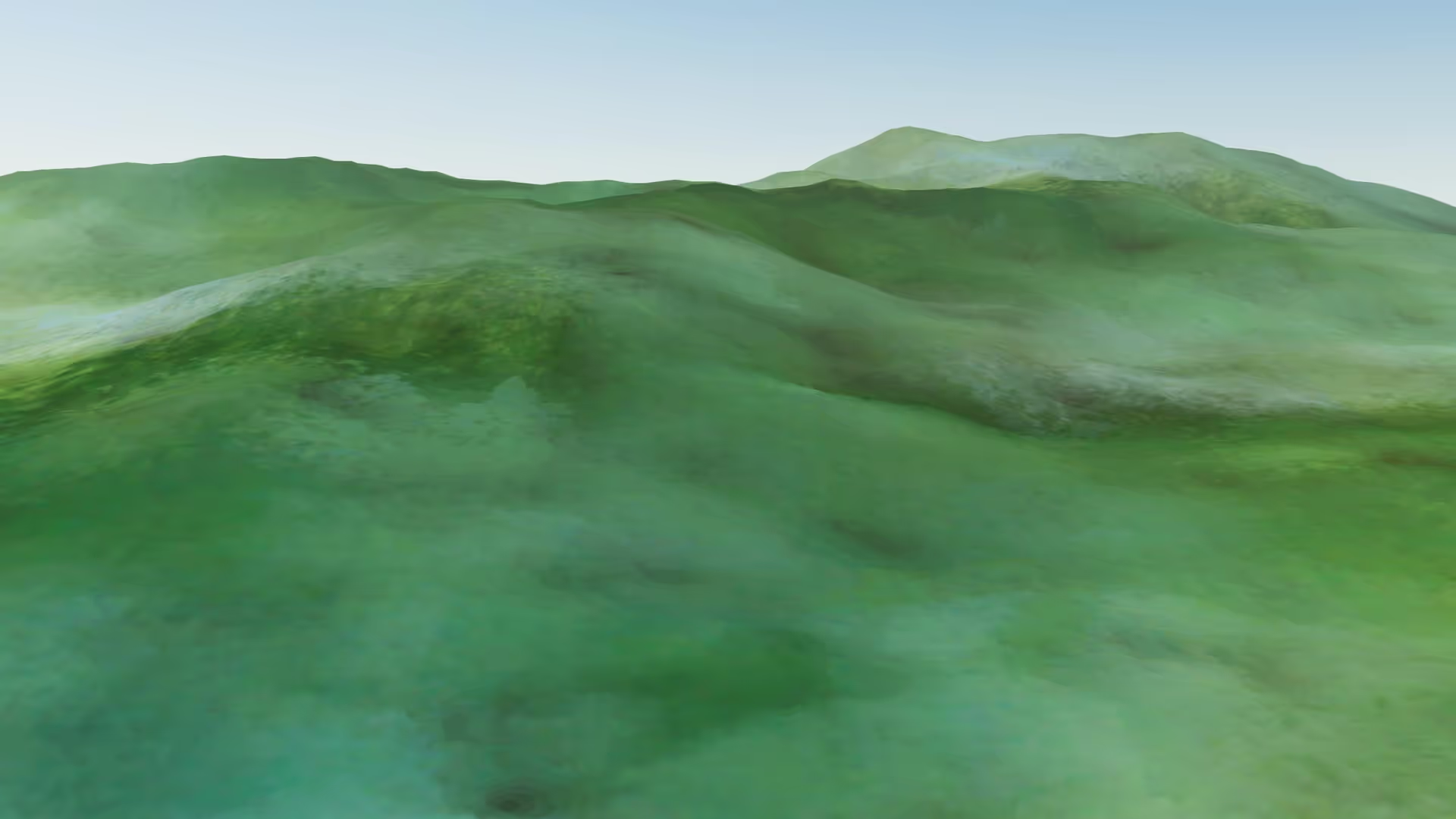
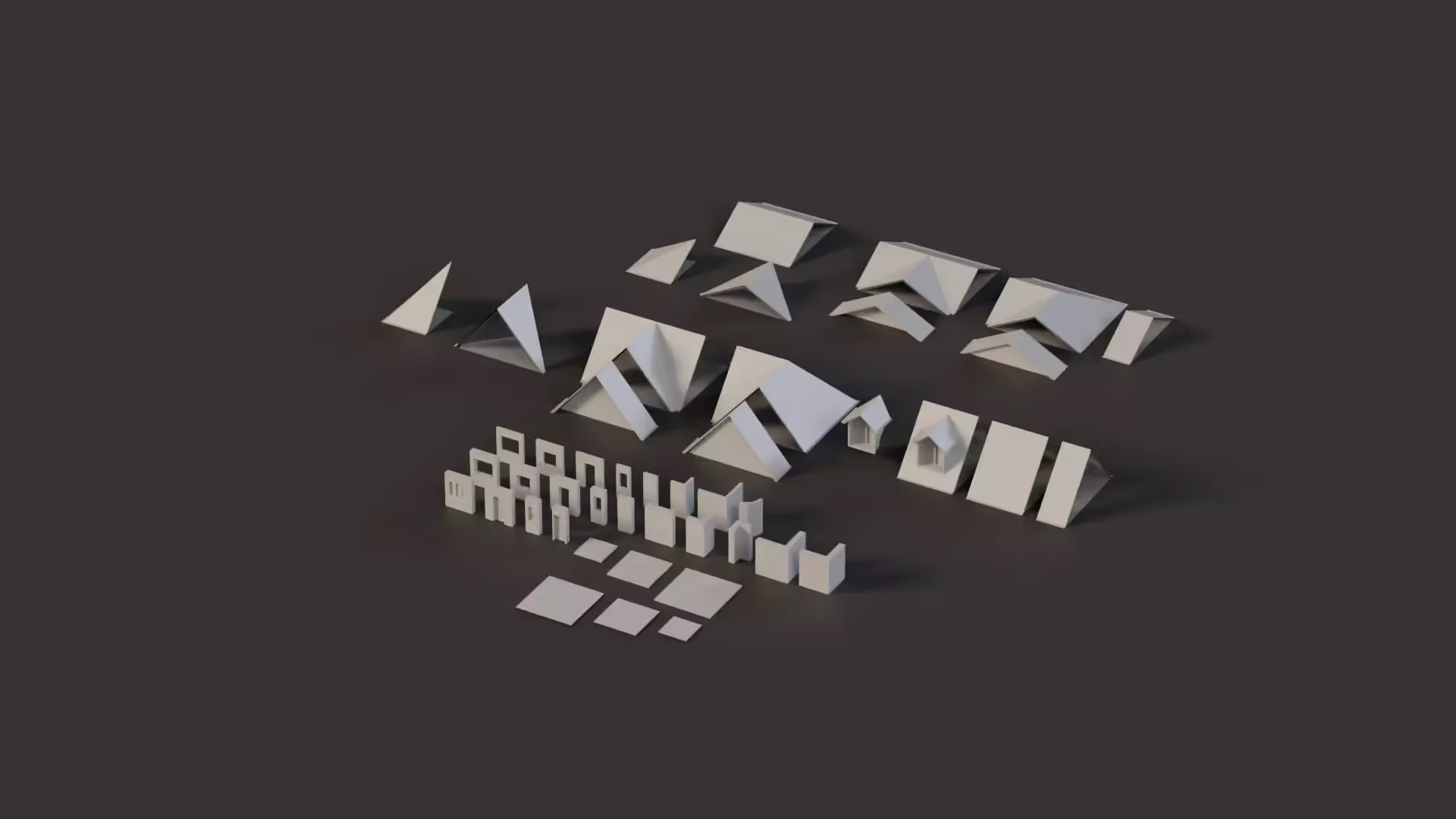
.avif)
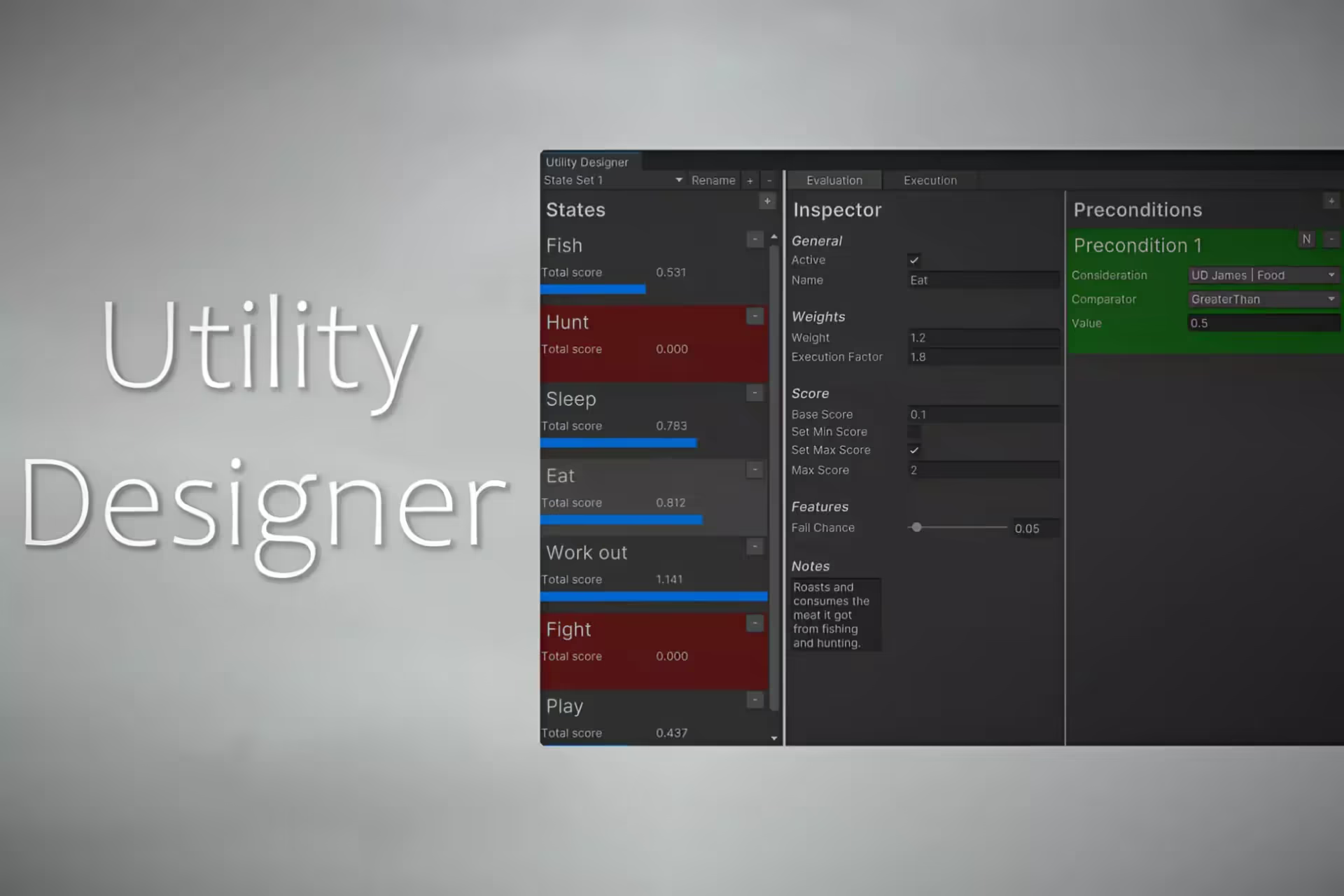
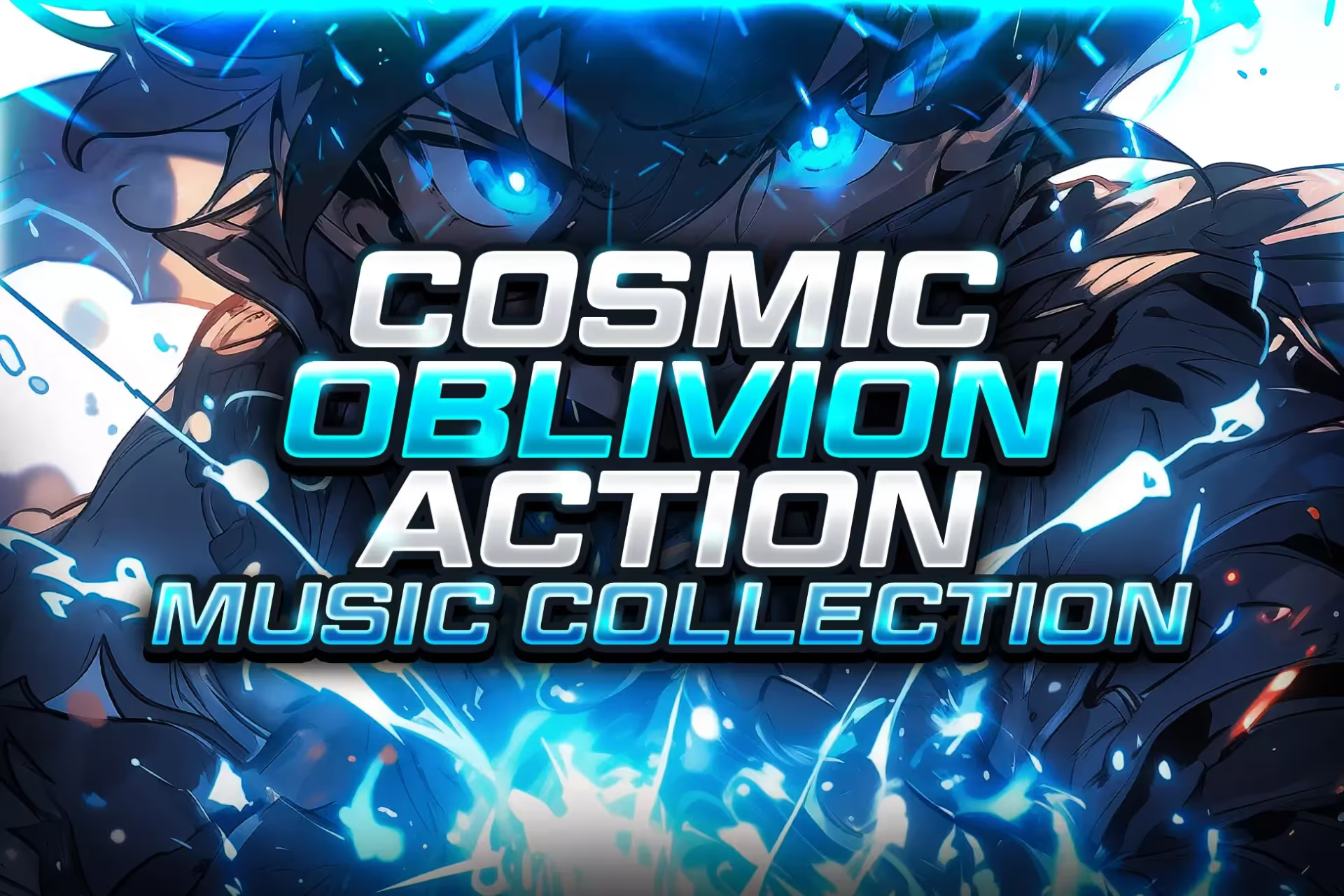

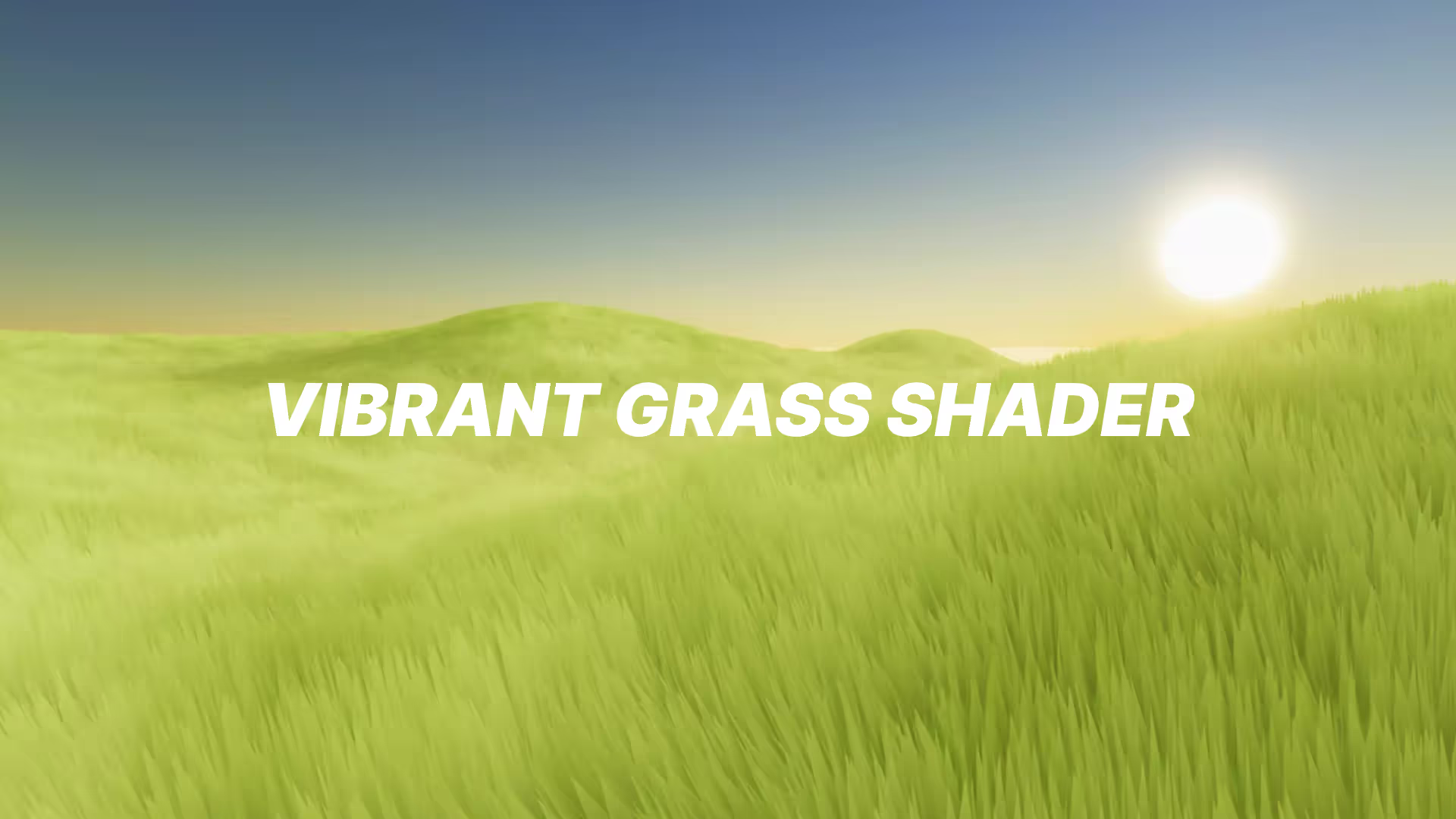

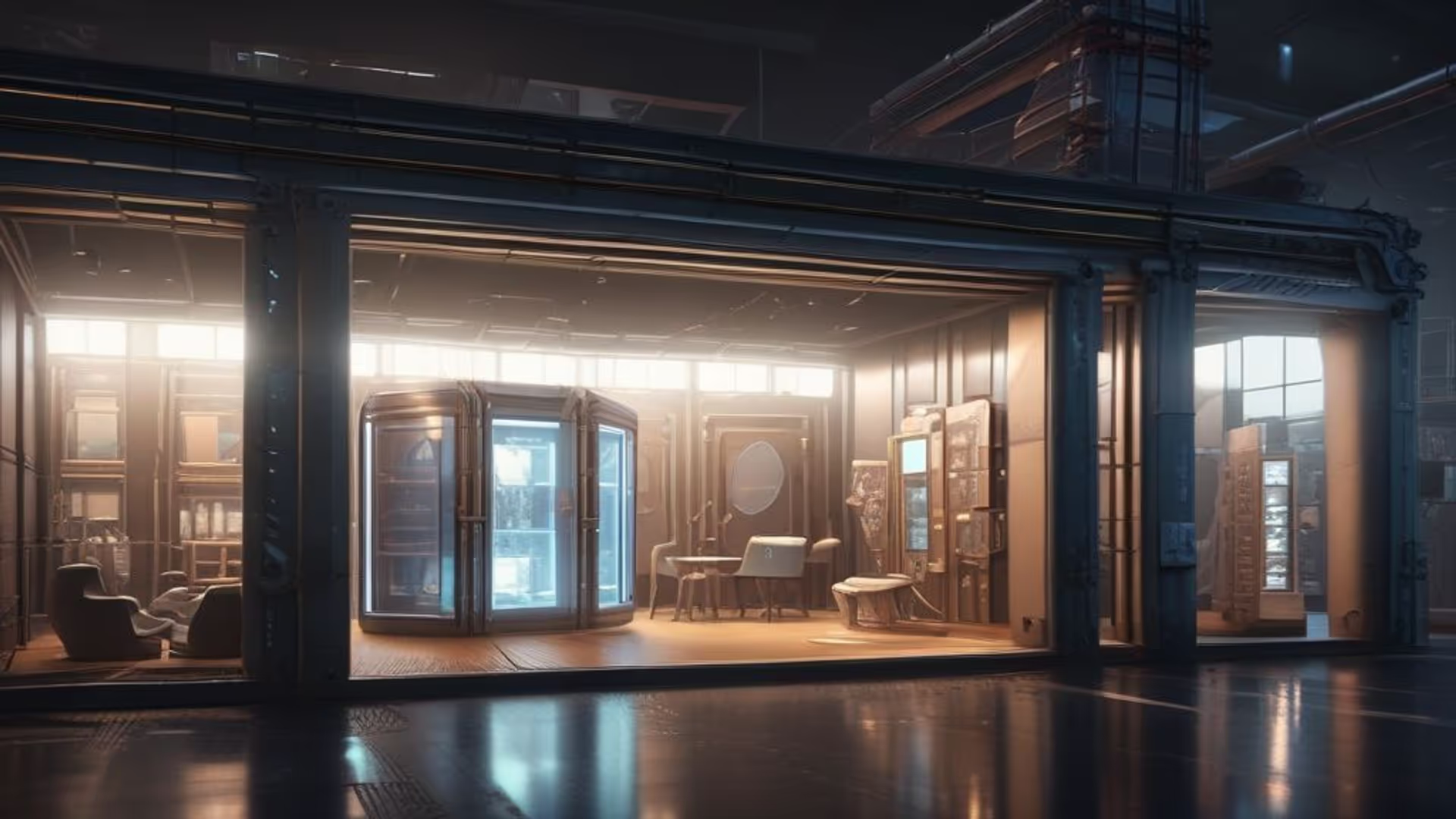
.avif)
